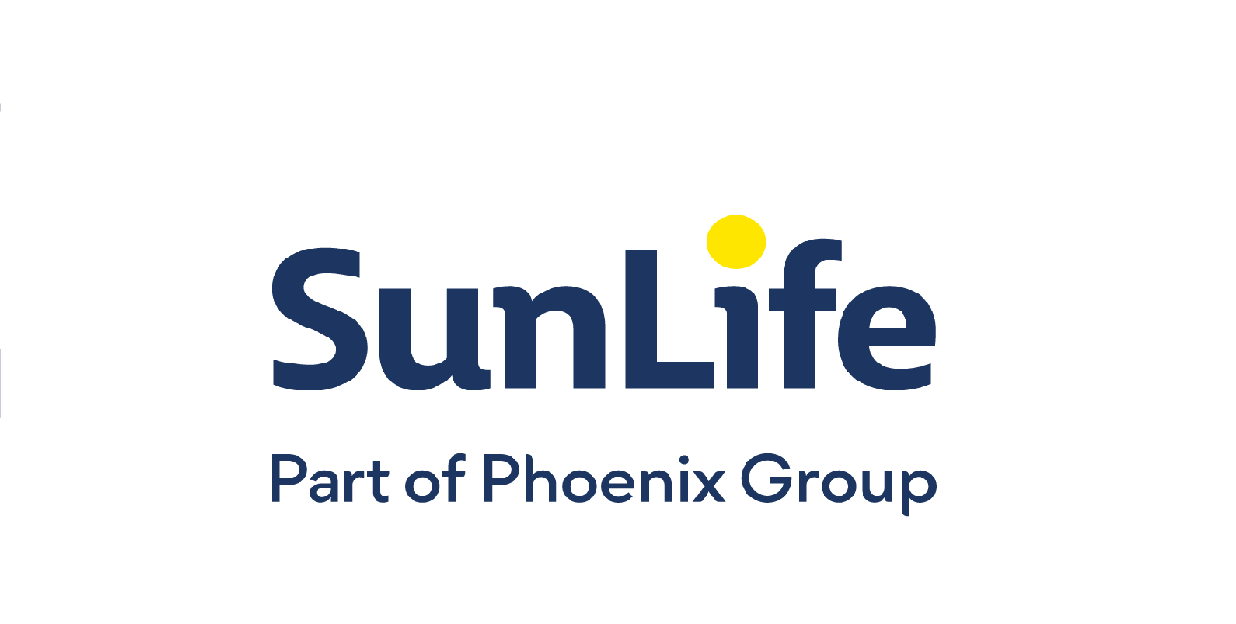Since its introduction in 2012, workplace auto-enrolment has been a huge success in helping people across the UK save and prepare for retirement.
The policy requires all employers to provide a workplace pension scheme, automatically enrol staff who qualify and make contributions on their behalf. These are currently set at 8%, where employers must contribute a minimum of 3%.
Thanks to workplace auto-enrolment, most employees in the UK today contribute to a Defined Contribution (DC) pension. But despite this positive shift, there’s still a significant shortfall between what people are saving and what they will need for retirement. In fact, our research shows that only 14% of defined contribution pension savers are currently on track for the retirement income they want.
It’s clear that changes are needed to meet this challenge.
Various solutions have been proposed, including increasing contributions from 8% to 12%. But the vital question is: when is the right time?
Helping people prepare for the retirement they want
At Phoenix Group, it’s our mission to close the savings gap and help people prepare for the retirement they want. To find solutions that will make a real difference, we’re working collaboratively with peers, policymakers and employers, and advocating measures which take account of the economic situation both today and in the long-term.
To help set out the conditions required to give workers a better income in retirement, we’ve worked with economic think-tank WPI Economics to create a framework and provide some suggestions and solutions as to how policy makers might set about increasing contributions, when the economic conditions are right.
Our new pension auto-enrolment framework
Developed in collaboration with an advisory committee made up of business groups, unions and consumer groups, our framework is designed to help government and policy makers determine the optimum time to make any changes and ensure they’re sustainable. Due to current economic pressures, our framework shows that now is not that time.
We will continue to observe developments closely and work actively with policy makers to help ensure that the right changes are made at the right time, for the right reasons. Collectively, we know we can drive meaningful and long-lasting change for better, longer lives.
To learn more, read our Raising the Bar report in full.









